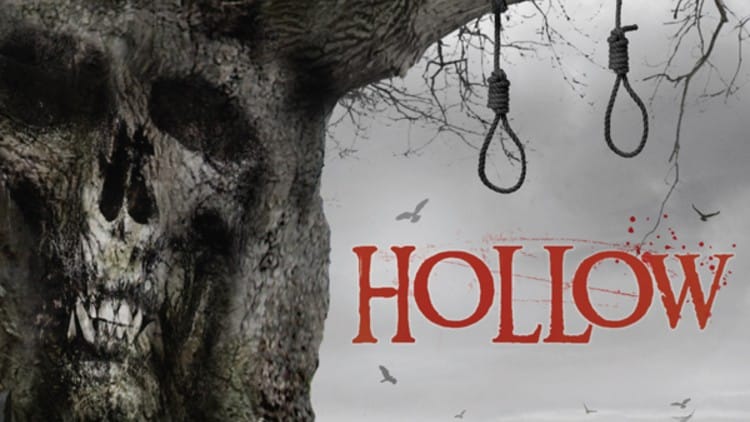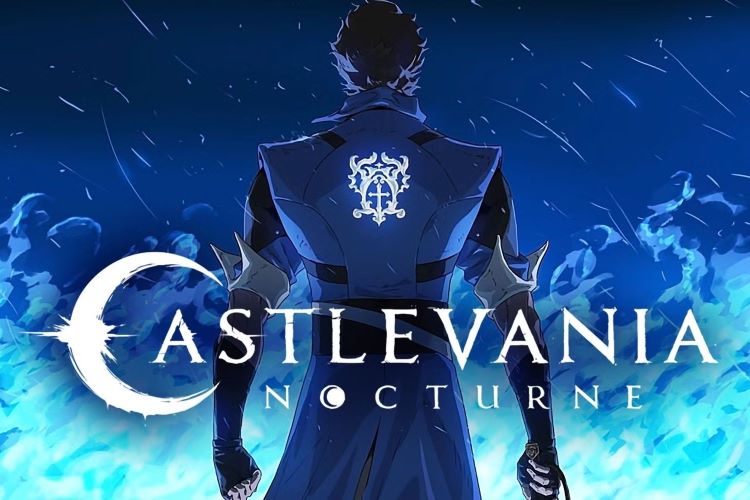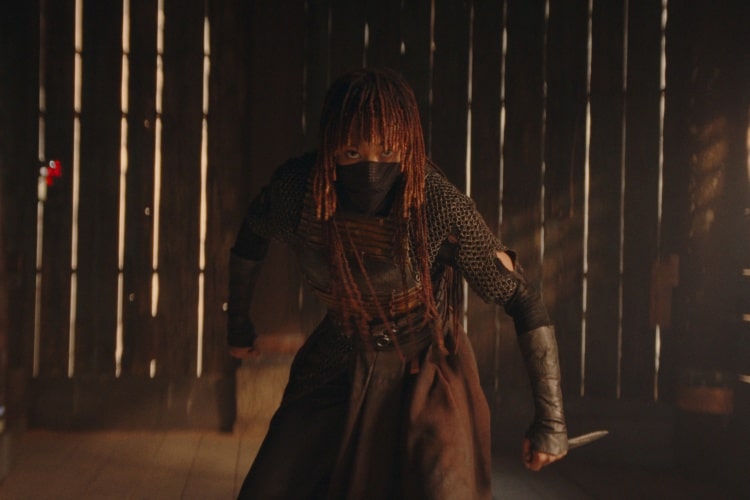A Hollow Tree Is the Culprit? Hmm…
Main Cast: Emily Plumtree and Sam Stockman
Director: Michael Axelgaard
While I am still and always a sucker for the found footage horror movie, I willingly admit the format doesn’t always work. Case in point: 2011’s Hollow, written by Matthew Holt and directed by Michael Abelard (writer and director, respectively, of the short film Lollipop Man).
The story is pretty basic. Two British couples, Scott (Matt Stokoe, Devil’s Pass) and Emma (Emily Plumtree, “Hollyoaks Later”), and James (Sam Stockman, “Doctor Who”) and Lynne (Jessica Ellerby, “EastEnders”), take off for the weekend to visit Emma’s grandfather’s house in the country. When they arrive, Emma is reminded of an old tree near the property that used to give her nightmares. But those were just bad dreams, so everything should be cool for a few days while our four heroes drink, snort coke, and lovelorn James records every moment of it on his video camera. Because naturally.
As Emma looks through her grandfather’s things, she finds old photos and news clippings about a series of suicides that took place in the area, all of them tied back to that damned tree. A little more investigation and they discover an old monastery, then hear the legend of an ancient evil that lives within the hollow of the giant tree. The spirit that haunts the place forces couples to commit suicide by hanging themselves from its branches.
As the movie opens with the police talking of finding James’s video camera at the scene of the crime, I think we can all figure out how this story ends.
Now, I can’t fault Hollow for a predictable ending. This is a found footage movie, and most of those end the exact same way. It’s one of the biggest disadvantages to the form. So no one watches found footage because of their great endings. Those of us who enjoy the format do so because of what can be done with it DURING the story. Mostly, that entails bringing the viewer more fully into the experience. The POV of the found footage movie really draws you in and helps you to better live the situation with the characters. To that end, Hollow has a few really good, effective shots that work to draw you in.
Unfortunately, it’s most of the rest of the movie that doesn’t quite work. The gimmick of one character who feels the need to record everything is so totally played out, there’s no way a 2011 movie is going to make it work, no matter how good the story, script, or acting. I can see wanting to record certain events, but to be the guy who carries the camera everywhere and records everything, especially the quiet moments, and even more especially the terrifying ones, I just don’t buy it. Anyone who isn’t a professional cameraman and still manages to keep the camera going and lighting the scene while running away from danger, that’s bull.
This movie tries to get around it by saying they need to use the camera for light when they’re outside at night, but NO ONE thought to bring a flashlight? Again, that’s bull.
I also founf parts of the script very hard to digest. I’m going to take a guess and say exposition is not Holt’s strong point. When Emma says, “If we look in here, at this newspaper article from a local paper about how they died…” I was halfway checked out of the film. Then later, when they come upon, of all things, DUNWICH Cliffs, I was about ready to throw in the towel. But I’m a professional, so I stuck it out.
And it wasn’t all bad, anyway. Yes, the script needed a few more passes to smooth out the rough spots, yes the cheeky asides needed to be rethought, but I still say there was the glimmer of an excellent story here. I don’t necessarily think there’s anything the least bit ominous about a big old tree with a hollow cavity in it, but there’s definitely something very creepy about James (an old boyfriend of Emma’s, he’s still in love with her while she insists the relationship was a mistake and they’re just friends, James sneaks about the house at night, recording Emma sleeping, then recording himself going through Grandpa’s stuff), and one scene at the old monastery where it seems James is forced, camera first, into a black corridor, from which he mysteriously re-emerges some time later to find the other three going off without him, unaware he was even missing.
Another scene at the tree when the camera light goes out and, when it comes back on, Scott and a topless Lynne are making out in front of Emma while James laughs was also very effective and unnerving.
While I do love found footage movies, I know not every story is best suited to that format, and this is one of those cases. Hollow wasn’t a bad movie, but it would have been a much better one had it been filmed in third person POV without the contrivance of James, or whoever happened to have it at the time, always having to film everything. Sure, we would have lost a couple of really good shots, but overall it would have better served the story and wouldn’t have continuously thrown me out of the experience as I tried to reconcile the fact that, despite being terrified and on the run in the dark, the characters still managed to capture it all on film.
The actors here were passable, effective without being over the top or underwhelmingly bad. Of the lot, Sam Stockman as James got my nerves a bit with his understated performance, but Emily Plumtree as Emma helped ground the movie and really sold me on the premise.
I will say I recommend Hollow on the grounds that 1) you like found footage movies to begin with and 2) you don’t mind a bloated third act as the characters spend the last half hour in the dark, searching for James, who’s left his precious camera behind and run off without them. And of that last thirty minutes, 23 of it is spent in a car that won’t start while something may or may not be stalking them outside. Seriously, 23 minutes in the car, arguing about whether to leave the camera on–for light–or not. And halfway through the ordeal, Emma inexplicably goes from “Leave the light on!” to “Turn the light out!”
I have a feeling found footage is never going to get the respect I think it deserves–when done right–and Hollow is part of the problem. Too many filmmakers see it as an easy out, the simpler, cheaper way to make a movie as opposed what it really is, a storytelling device meant to enhance the tension and ramp up the scares while making the audience part of the experience.
That being said, Hollow has enough bright spots to make it worth the 90 minutes. So, in the end, caveats in hand, I say give this a go and see what you think. What’s the worst that could happen?

C. Dennis Moore is the author of over 60 published short stories and novellas in the speculative fiction genre. Most recent appearances are in the Dark Highlands 2, What Fears Become, Dead Bait 3 and Dark Highways anthologies. His novels are Revelations, and the Angel Hill stories, The Man in the Window, The Third Floor, and The Flip.





Leave a Reply